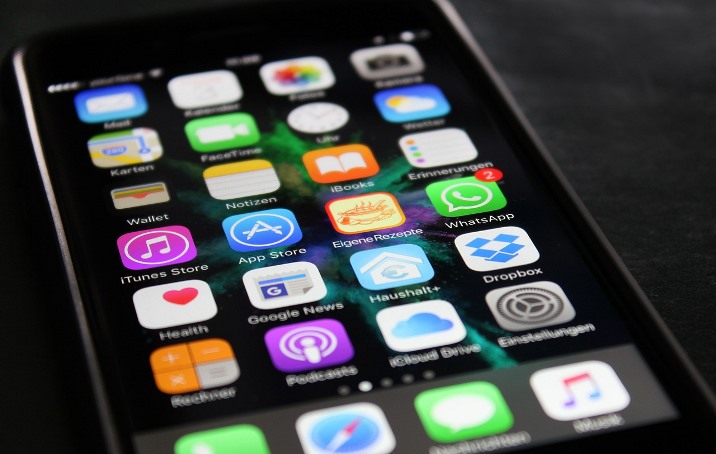Smartphones have changed the way we communicate and connect with the world. With barely 10 years on the market, they have grown and modernised so much that we sometimes ask ourselves how we lived without them.
Increasingly more parts of our daily lives involve mobile phones and these devices which make our day-to-day tasks easier also store quite a lot of information about us. According to Spain’s National Cybersecurity Institute (Incibe), more than 140,000 malicious smartphone or tablet programs* designed to obtain information from our phones are detected each year.
In our post “Security on the Internet, do you know what phishing is?” we discussed some of the strategies criminals use to obtain information for fraudulent purposes. Here we have prepared a number of tips that will help you prevent having malware installed on your phone.
